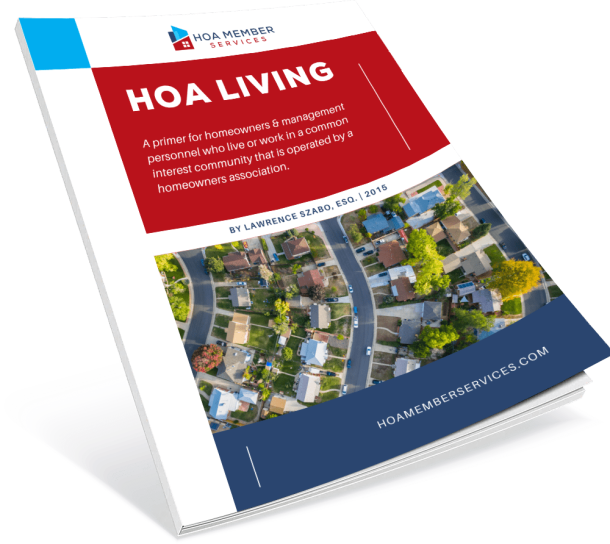Understanding HOA Directors’ Duties re Enforcing Governing Documents
- Board of Directors
A common issue within homeowners associations pertains to the action, or inaction, of a homeowners association’s board of directors when it becomes aware of violations of its governing documents. Association directors are frequently confronted with situations where a party has complained about someone violating various provisions of the association’s governing documents and the association is asked to take action concerning the alleged violations. The association, acting through its board of directors, is then expected to become involved in the matter by taking some form of action relative to the alleged violations, but for various reasons the association ignores the complaints or fails to take any action, leaving a resolution of the matter to others. The complaining party, who is generally a member of the association, is then left to seek enforcement of the association’s governing documents on his or her own. Being dissatisfied with the association’s decision to not take enforcement action, the complaining party will frequently commence some form of action against the association seeking to compel it to enforce its governing documents.
Case decisions have held that the directors of a homeowners association have a duty to enforce their association’s governing documents and that the enforcement action that is taken must be taken in “good faith” and not be “arbitrary or capricious.” Additionally, the enforcement process must employ procedures that are fair and uniformly applied. Case decisions have also held that recorded covenants and restrictions must be enforced unless they are “wholly arbitrary, violate a fundamental public policy, or impose a burden on the use of affected land that far outweighs any benefit.”
Notwithstanding their general duty to enforce their association’s governing documents, a homeowners association’s directors have discretion to decide whether, and in what manner, to enforce the governing documents, but their discretion must be exercised in a manner that is consistent with the directors’ fiduciary duties and the plain language contained in the provision(s) of the governing documents that are in question. The typical methods of enforcement that are available to the association are:
Subscription Required to Continue Reading
To view the full HOA Featured Article, you must have a Subscription with HOA Member Services
Become a Member
Personal Monthly
-
Access to over 600 Articles & Case Decisions
-
Access to hundreds of Resources
-
HOA Newsletter
-
Free Copy of HOA LIVING
-
25% OFF Download Forms
-
1 User
Personal
-
Access to over 600 Articles & Case Decisions
-
Access to hundreds of Resources
-
HOA Newsletter
-
Free Copy of HOA LIVING
-
25% OFF Download Forms
-
1 User
Pro
-
Access to over 600 Articles & Case Decisions
-
Access to hundreds of Resources
-
HOA Newsletter
-
Free Copy of HOA LIVING
-
Free Unlimited Access to Download Forms (save $1000s!)
-
Unlimited Personal Support from HOA Attorney
-
1 User
HOA Team
-
Access to over 600 Articles & Case Decisions
-
Access to hundreds of Resources
-
HOA Newsletter
-
Free Copy of HOA LIVING
-
Free Unlimited Access to Download Forms (save $1000s!)
-
Unlimited Personal Support from HOA Attorney
-
Up to 10 Users



